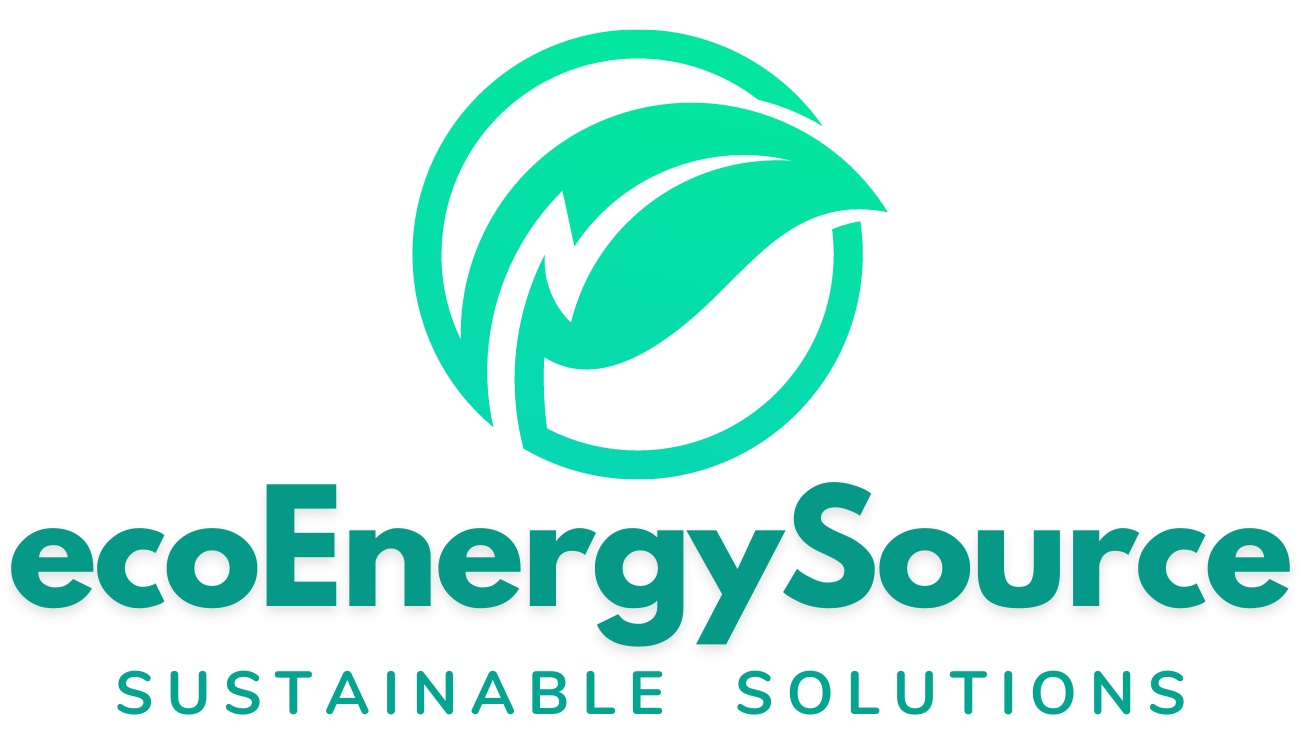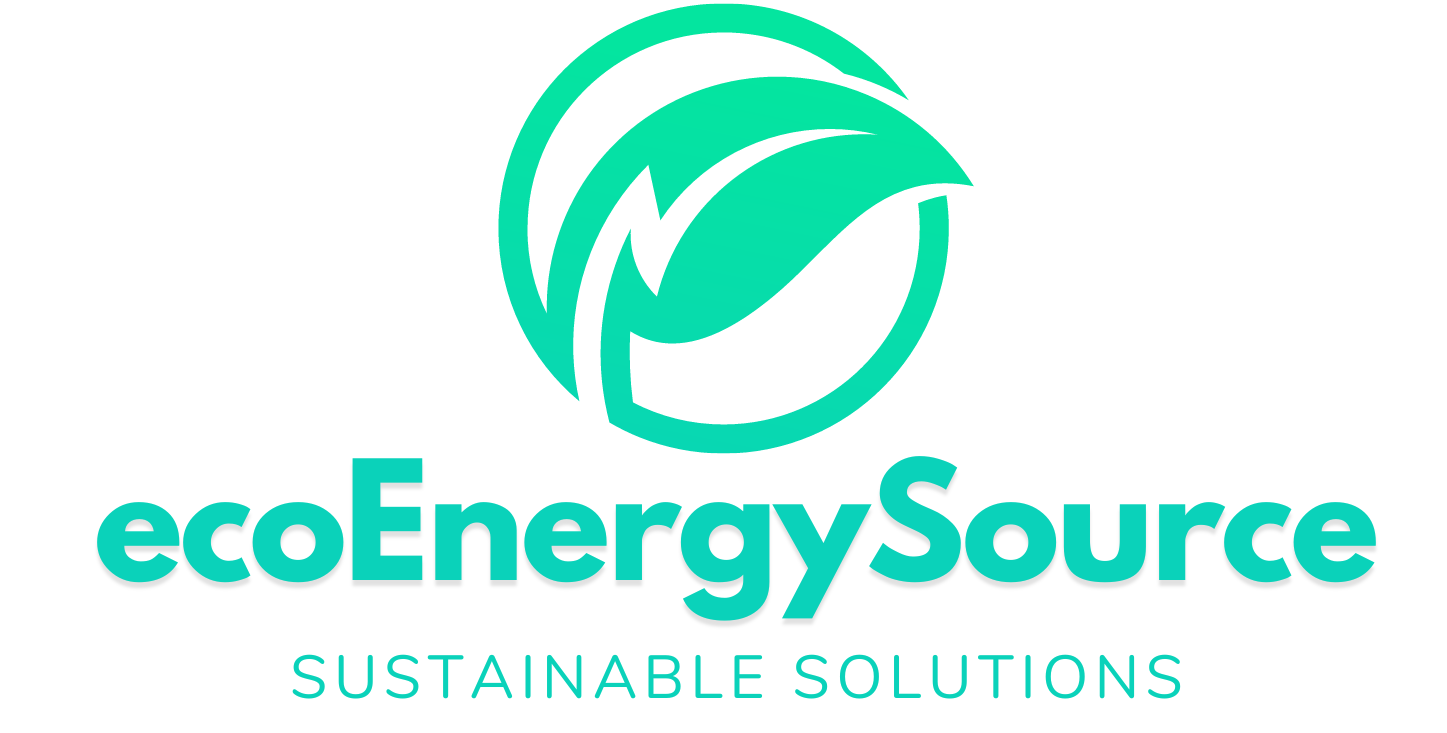Introduction
The UK’s electric vehicle (EV) market is accelerating rapidly, but charging these vehicles sustainably is becoming a key concern. In 2024, combining solar panels with EV chargers is emerging as a smart solution—reducing electricity costs, lowering carbon footprints, and supporting the transition to clean transport.
Here’s how solar energy and EV charging are working together to drive the UK’s electric future.
1. Why Solar + EV Makes Sense
Most EV owners charge their cars at home, often during expensive peak hours. Solar panels can provide a clean, cost-effective alternative:
- Daytime charging: Use solar energy generated during the day to power your EV.
- Battery storage: Store excess energy for nighttime or off-peak charging.
- Reduced grid reliance: Lower bills and protect against energy price spikes.
💡 2024 Insight: Homes that pair solar with EV chargers can save hundreds of pounds annually on electricity costs.
2. Technology Behind Solar-Powered EV Charging
Modern systems integrate panels, batteries, and smart chargers for maximum efficiency:
- Smart EV chargers schedule charging when solar energy is available.
- Solar + battery setups store surplus energy for later use, ensuring your car is charged even after sunset.
- AI-powered systems predict energy generation and usage, optimising consumption automatically.
💡 Result: A seamless, green charging experience that’s simple for homeowners and businesses.
3. Benefits for Homeowners
Pairing solar with EV charging offers multiple advantages:
- Lower energy costs by using your own renewable power.
- Faster EV adoption by making charging easier and cheaper.
- Reduced carbon footprint by cutting reliance on fossil-fuel-generated electricity.
💡 Tip: Even small solar systems can significantly offset energy costs for home EV charging.
4. Benefits for Businesses
Businesses with fleets or employee charging stations can also benefit:
- Operational savings on electricity for company vehicles.
- Sustainability credentials for corporate ESG reporting.
- Revenue potential through workplace charging fees or participating in Virtual Power Plants (VPPs).
💡 2024 Insight: More UK businesses are pairing solar with EV charging to meet net-zero targets and reduce long-term operational costs.
5. Government Support and Incentives
Several UK schemes make solar + EV adoption more attractive:
- 0% VAT on solar panels and batteries (until 2027).
- Grants for workplace EV chargers in some local areas.
- Smart Export Guarantee (SEG): Earn from excess energy exported to the grid.
💡 2024 Prediction: Incentives for EV and solar integration will continue to grow as the UK pushes toward clean transport and energy independence.
Conclusion: Driving the Future of Green Mobility
Combining solar panels with EV charging is a win-win for the environment and your wallet. Whether you’re a homeowner, a business, or managing a fleet, this approach provides cleaner, cheaper, and smarter energy for the UK’s electric future.
At Eco Energy Source, we help you design integrated solar and EV solutions that maximise savings and sustainability. Contact us today to see how solar can power your electric vehicle journey in 2024.




